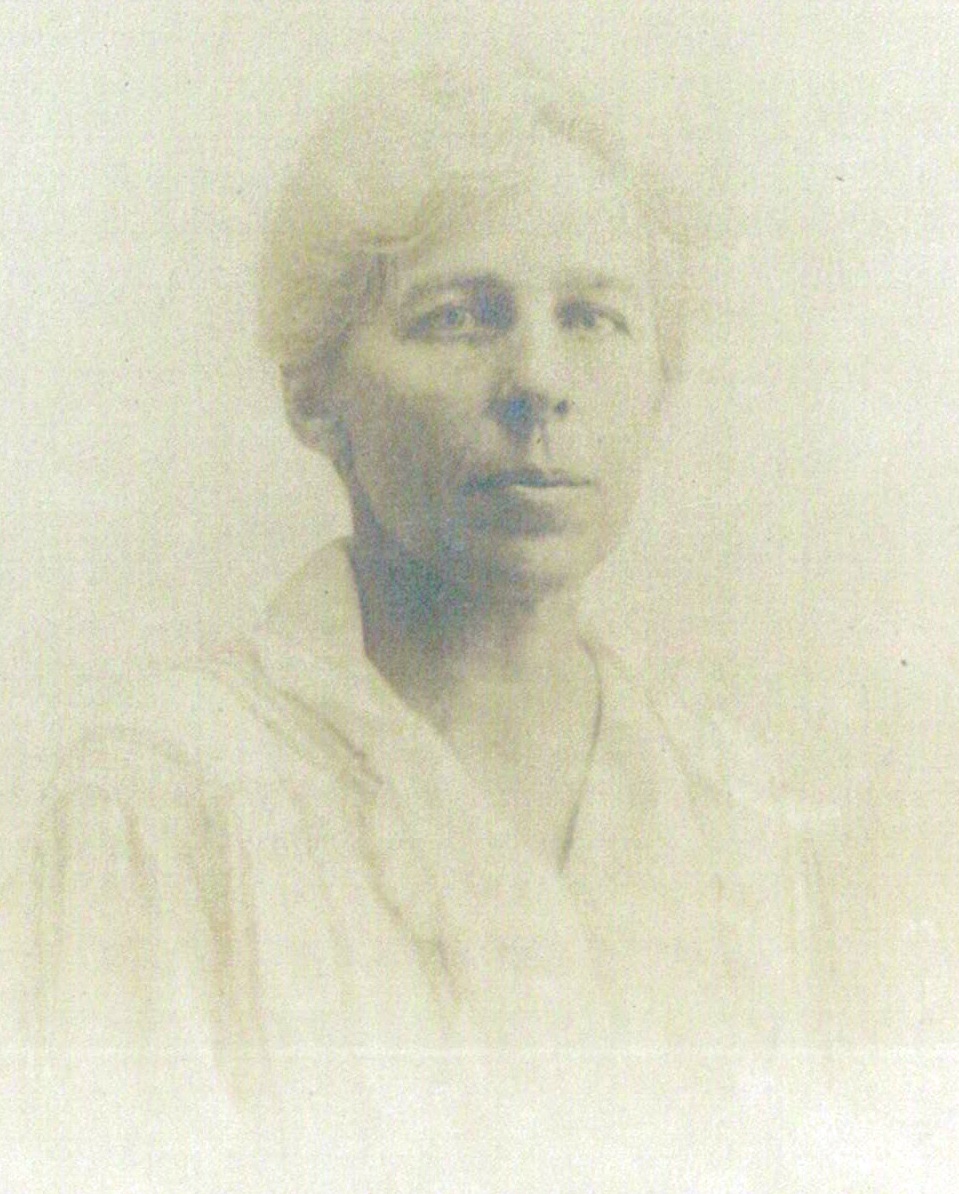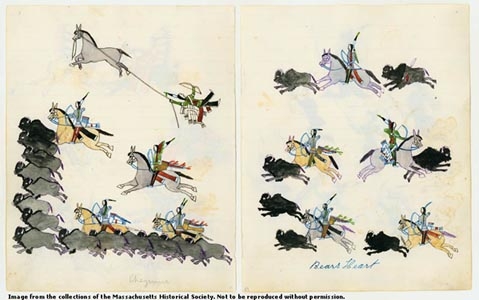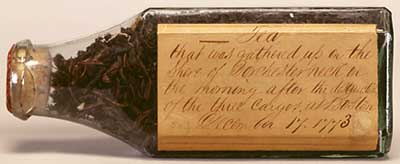By Elaine Grublin
On Monday, June 7, nine teachers from Bridgewater-Raynham Regional High School in Bridgewater, MA visited the MHS to attended a fullday workshop entitled “American Women in Europe: Red Cross Canteen Service in WWI.” The workshop, which aimed to give teachers primary source material to work into their lesson plans, focused on Edith Holliday, a Boston area native that volunteered for service in the American National Red Cross in 1918.
The visit began with a presentation of WWI materials held by the MHS. This presentation, including propaganda posters, maps, manuscript letters and diaries, scrapbooks, and artifacts, demonstrated the wide range of WWI era resources teachers can draw from in creating content for their classroom lessons. The presentation was followed by a demonstration of a sample lesson plan utilizing primary source material from the Edith Holliday Papers. The lesson focused on the service of American women in the Red Cross with special attention given to the canteen workers that worked to provide comfort, rest, and a good meal to soldiers on their way to and back from the front. The WWI letters of Edith Holliday were used to give students first hand insight into the work of the Red Cross workers and to illustrate why women would volunteer for such service at that time. 
Writing to her husband in August 1918 Edith states, “That is the highest duty we of our generation have to do, to work with all our hearts for a world fit for our children to live in.” The proposed lesson asked students to contemplate the work Edith and her fellow volunteers did in France, examining the successes and shortcomings of the canteen program and considering how the role of women changed as the war went on — both at home and abroad.
At the age of 49, Edith Hovey Holliday set sail for France as a volunteer in the American National Red Cross. She left her husband and two teenage daughters behind in Boston. Her oldest child, her son Harold, had volunteered for service in the Yankee Division and would follow her to France a short time later. In the almost eleven months she spent in France Edith served in two Red Cross canteens, in Nevers and St. Germain des Fosses. With the end of hostilities in November 1918 she relocated to Perigueux in southwestern France, completing her service as a searcher — assembling information on wounded, missing, and killed-in-action soldiers. She departed France to return to Boston in March 1919.
The MHS holds a collection of Edith Holliday’s personal letter, written primarily to her brother Carl, her husband Guy, and her children Harold, Beatrice, and Beckie. This collection chronicles her efforts to become a volunteer and her journey to and through France. There is also a small collection of photographs, including images of Edith and her children.
If you are a teacher or school administrator interested in finding out more about teacher workshop and professional development opportunities at the MHS contact Kathleen Barker in our education department at education@masshist.org.


 We’re happy to announce a new
We’re happy to announce a new  stood on opposite lines; men that had lived and worked side by side, that had called each other friend, were now facing each other in battle.
stood on opposite lines; men that had lived and worked side by side, that had called each other friend, were now facing each other in battle.
 MHS research fellow and frequent researcher Ben Carp (Associate Professor of History at Tufts University) recently made a guest appearance on the podcast “
MHS research fellow and frequent researcher Ben Carp (Associate Professor of History at Tufts University) recently made a guest appearance on the podcast “